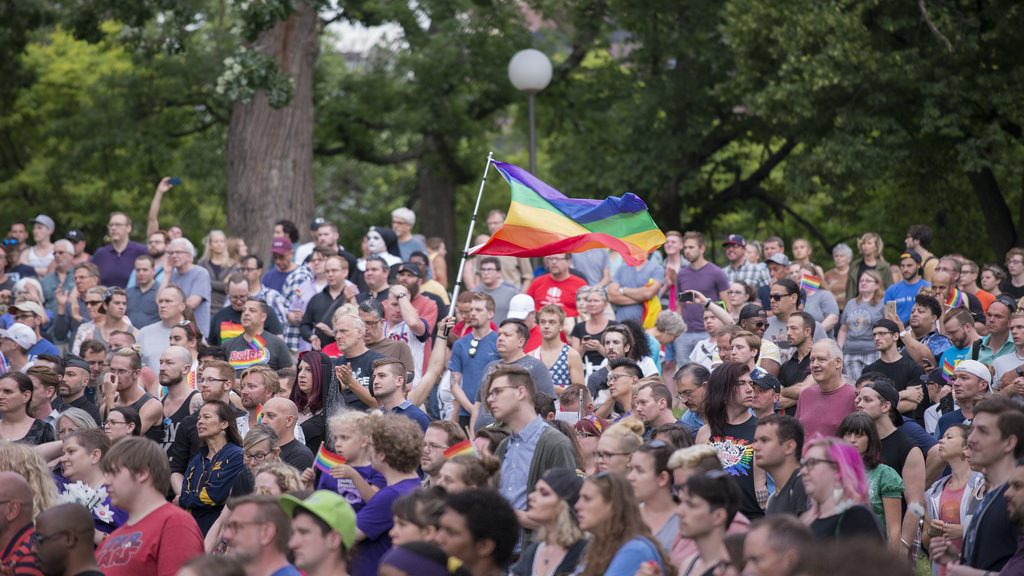It’s now been 12 days since the horrific shooting at the Pulse nightclub in Orlando that saw 50 people killed and over 50 more injured. We did not publish anything on this event last week out of respect for the victims and because in the aftermath of such horror, silence is often the wisest response initially. That said, we’re now beginning to talk about it. We began with a post by Bernard Howard on gun control. Today we’re continuing with a reflection on the evangelical response to the shooting.
Login to read more
Sign in or create a free account to access Subscriber-only content.
Topics:
